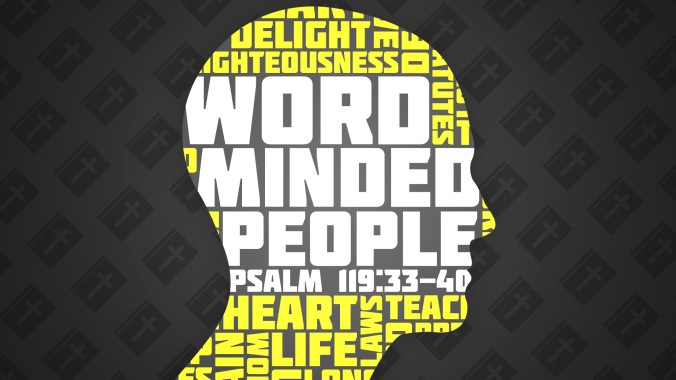A verse stuck out to me while reading 1 Samuel 22, as David is fleeing from the jealous and murderous Saul:
“David departed from there and escaped to the cave of Adullam. And when his brothers and all his father’s house heard it, they went down there to him. And everyone who was in distress, and everyone who was in debt, and everyone ho was bitter in soul [discontented], gathered to him. And he became captain over them. And there were with him about four hundred men.”
It struck me because David in many ways can be seen as a “type” -sort of a foreshadowing- of Christ, and I think we get a taste of that here. Not only of Christ, but of us – of the church. How beautifully this verse meshes with others:
“Come to me, all who labor and are heavy laden, and I will give you rest.” – Matthew 11:28
“Brothers and sisters, think of what you were when you were called. Not many of you were wise by human standards; not many were influential; not many were of noble birth. But God chose the foolish things of the world to shame the wise; God chose the weak things of the world to shame the strong. God chose the lowly things of this world and the despised things—and the things that are not—to nullify the things that are, so that no one may boast before him. It is because of him that you are in Christ Jesus, who has become for us wisdom from God—that is, our righteousness, holiness and redemption.” – 1 Corinthians 1:26-30
To be honest, we are all weak, we are all spiritually distressed, indebted and discontented, yet not all of us will come to see it before our lives wither away. Those of us who do, which are often the ones who are not surrounded by the comforts and praises and ease of this world, are the ones who seek and find refuge in God. And just as David’s misfits and outcasts became mighty men of valor (1 Chronicles 12:8) by the hand of God, David’s leadership, and through testing and training, God has promised all who rely on Him will be transformed as well. We all come to Him broken, lacking, corrupted, weak and He not only embraces us in love, but takes us further by strengthening, purifying, comforting, healing, and changing us.
“And I am sure of this, that he who began a good work in you will bring it to completion at the day of Jesus Christ.” – Philippians 1:6
No doubt the story of life is full of difficulty: not only the challenge in recognizing our bankruptcy before God, but the uncertainty and fear of our own various and numerous “caves of Adullam” we must enter throughout life. We all experience that uncertainty and suffering at times, but not all of us have a trustworthy refuge. Not all of us have the power to use those experiences as training, strengthening, as growth to become men and women of valor, because not all of us have sought our refuge and strength in God.
And here’s the reality: God is the only one who can deliver us from the greatest difficulty and oppression we all are subject to: the oppression of sin; the danger of an enemy greater than Saul who is seeking to devour us each day.
But we have a leader greater than David. And we can enter into a family greater than his army. And we have the key to greater growth than we’ve could ever comprehend: the gospel.
Will we flee from our oppressor? Will we be among those who gather to Christ? Will we come to Him and receive our rest?

